Mushroom-Coffee vs Regular Coffee: The Ultimate Showdown
Introduction
In the world of coffee, a revolution has been brewing. Mushroom-coffee, a relatively new entrant in the market, has captured the attention of coffee connoisseurs worldwide. As we dive into the world of mushroom-coffee and pit it against regular coffee, we’ll explore the key differences, trends, and implications for the industry.
Understanding Mushroom-Coffee vs Regular Coffee
Mushroom-coffee, also known as medicinal mushrooms or functional mushrooms, is a type of coffee infused with various species of mushrooms. The most popular ones are Lion’s Mane (Hericium erinaceus), Chaga (Inonotus obliquus), and Reishi (Ganoderma lucidum). These mushrooms have been prized for their medicinal properties, such as boosting immunity, reducing stress, and promoting mental clarity.
Regular coffee, on the other hand, is a staple drink made from roasted Arabica or Robusta beans. It’s a classic, with its rich flavor profile and energizing effects. The debate between mushroom-coffee and regular coffee revolves around their unique properties, benefits, and drawbacks.
Global Impact and Trends
The global coffee market has seen significant growth in recent years, with the demand for specialty coffee on the rise. Mushroom-coffee has carved out a niche within this market, appealing to consumers seeking unique flavors and health benefits.
Regional trends indicate that:
- In North America, mushroom-coffee is gaining popularity as a premium offering.
- In Europe, there’s a growing interest in functional mushrooms and their potential for improving mental well-being.
- In Asia, mushroom-coffee is often blended with traditional herbal remedies to create unique flavor profiles.
Economic Considerations
The global coffee market size was estimated at $84.6 billion in 2020. Mushroom-coffee has introduced new revenue streams, with specialty roasters and online retailers capitalizing on the trend. Key market dynamics include:
- Increased competition among coffee companies, driving innovation and differentiation.
- Growing demand for premium and artisanal products.
- Expansion of e-commerce platforms for mushroom-coffee sales.
Technological Advancements
Significant technological advancements have enabled the mass production and distribution of high-quality mushroom-coffee:
- New roasting techniques allow for more precise control over flavor profiles.
- Advanced grinding technologies ensure consistent particle sizes.
- Online platforms and social media facilitate market research, product development, and consumer engagement.
Policy and Regulation
Policymakers are taking notice of the growing demand for functional mushrooms. Key regulatory frameworks include:
- Food and Drug Administration (FDA) guidelines on the labeling and marketing of mushroom-based products.
- European Union’s (EU) Novel Foods regulation governing the sale of functional foods, including mushroom-coffee.
Challenges and Criticisms
Mushroom-coffee faces challenges from both the coffee industry and the broader market:
- Quality control issues due to inconsistent harvesting practices or contamination concerns.
- Higher production costs compared to traditional coffee beans.
- Limited shelf life and storage requirements for mushroom-infused products.
Case Studies
Three successful case studies exemplify the potential of mushroom-coffee:
- Lion’s Mane Latte: A specialty coffee shop in New York City offers a unique blend of Lion’s Mane mushrooms, coffee, and coconut milk. Sales have increased by 20% since introducing this signature drink.
- Chaga Coffee Beans: A small-batch roaster in Seattle developed Chaga-infused coffee beans, which have become a hit among local specialty coffee shops.
- Reishi Roasters: An online retailer based in the UK offers a range of Reishi-infused coffee blends and has seen significant growth through targeted marketing campaigns.
Future Prospects
The future outlook for mushroom-coffee is bright:
- Increased adoption by mainstream consumers seeking unique health benefits.
- Expansion into new markets, such as Japan and South Korea.
- Continued innovation in roasting techniques, flavor profiles, and packaging designs.
Conclusion
Mushroom-coffee has carved out a distinct niche within the coffee industry. As we navigate this exciting landscape, it’s essential to address challenges, leverage technological advancements, and stay attuned to consumer preferences. The future of mushroom-coffee holds much promise, with opportunities for growth, innovation, and market disruption.
FAQ Section
Q: What are the health benefits of mushroom-coffee?
A: Mushroom-coffee is believed to have immune-boosting properties, reduce stress levels, and promote mental clarity.
Q: Is mushroom-coffee better than regular coffee?
A: Both have their unique qualities. Regular coffee offers a traditional taste experience, while mushroom-coffee provides potential health benefits and distinct flavor profiles.
Q: Can I make my own mushroom-coffee at home?
A: Yes! With the right equipment and online resources, you can experiment with roasting and blending mushrooms into your favorite coffee drinks.
As we continue to explore the world of mushroom-coffee, one thing is clear: this unique blend of flavors and health benefits has captured the imagination of coffee enthusiasts worldwide.

Mushroom Coffee: A Healthy Daily Boost Explored
Mushroom coffee, a blend of functional fungi like Chaga, Lion's Mane, or Reishi with coffee bea…….
Read More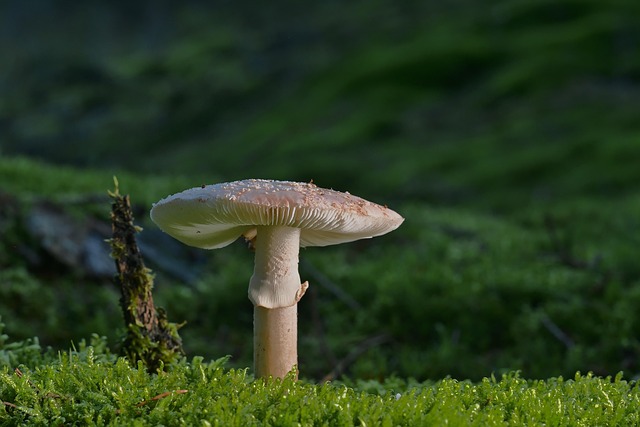
Mushroom Coffee: Health Benefits and Homemade Recipes Explored
Mushroom coffee, a blend of ground mushrooms and traditional brewing, offers unique health benefits…….
Read More
Discover the Daily Boost: Mushroom Coffee’s Benefits and Recipes
Mushroom coffee, made by combining ground mushrooms like chaga, reishi, or cordyceps with coffee gro…….
Read More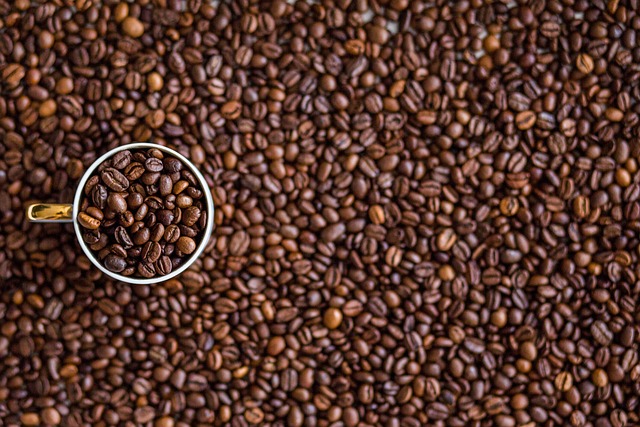
Mushroom Coffee: Benefits, Preparation, and Types for Daily Enjoyment
Mushroom coffee is a functional beverage blending medicinal mushrooms with coffee for enhanced healt…….
Read More
Discover the Benefits of Mushroom Coffee: Your Daily Boost
Mushroom coffee, made by blending ground mushrooms with traditional coffee beans, is gaining popular…….
Read More
Discover the Daily Boost: Exploring Mushroom Coffee’s Benefits and Preparation
Mushroom coffee, also known as "functional coffee," infuses organic beans with medicinal m…….
Read More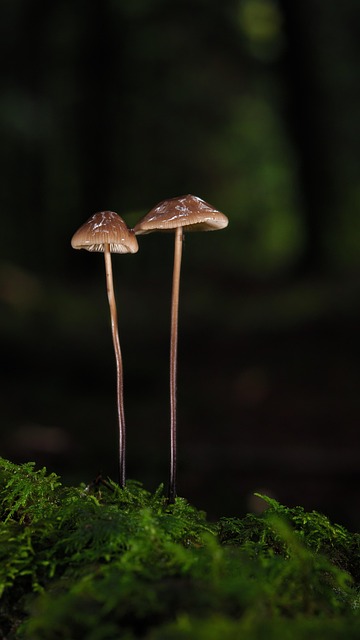
Discover the Benefits of Mushroom Coffee: A Daily Boost
Mushroom coffee, infusing functional mushrooms like Lion's Mane, Chaga, and Reishi into your br…….
Read More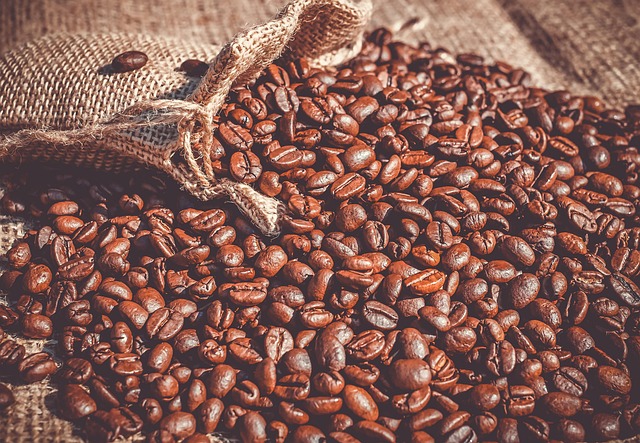
Discover the Daily Boost: Exploring Mushroom Coffee’s Benefits and Brews
Mushroom coffee is a functional beverage that combines medicinal mushrooms with coffee, offering ada…….
Read More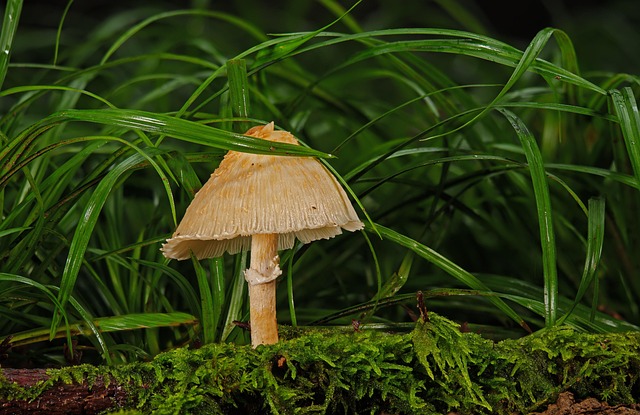
Mushroom Coffee: Benefits, Taste, and How to Start Your Daily Routine
Mushroom coffee, a trendy blend of roasted mushrooms and coffee beans, offers numerous health benefi…….
Read More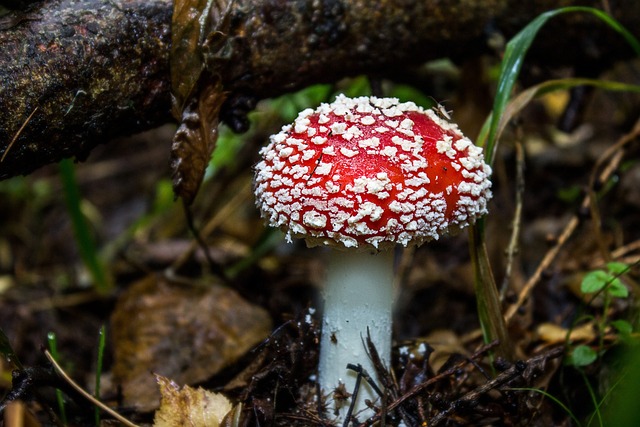
Savoring Mushroom Coffee: Earthy Flavors and Health Benefits Compared to Regular Brews
Mushroom coffee is a health-focused alternative to traditional coffee that blends the energizing ef…….
Read More